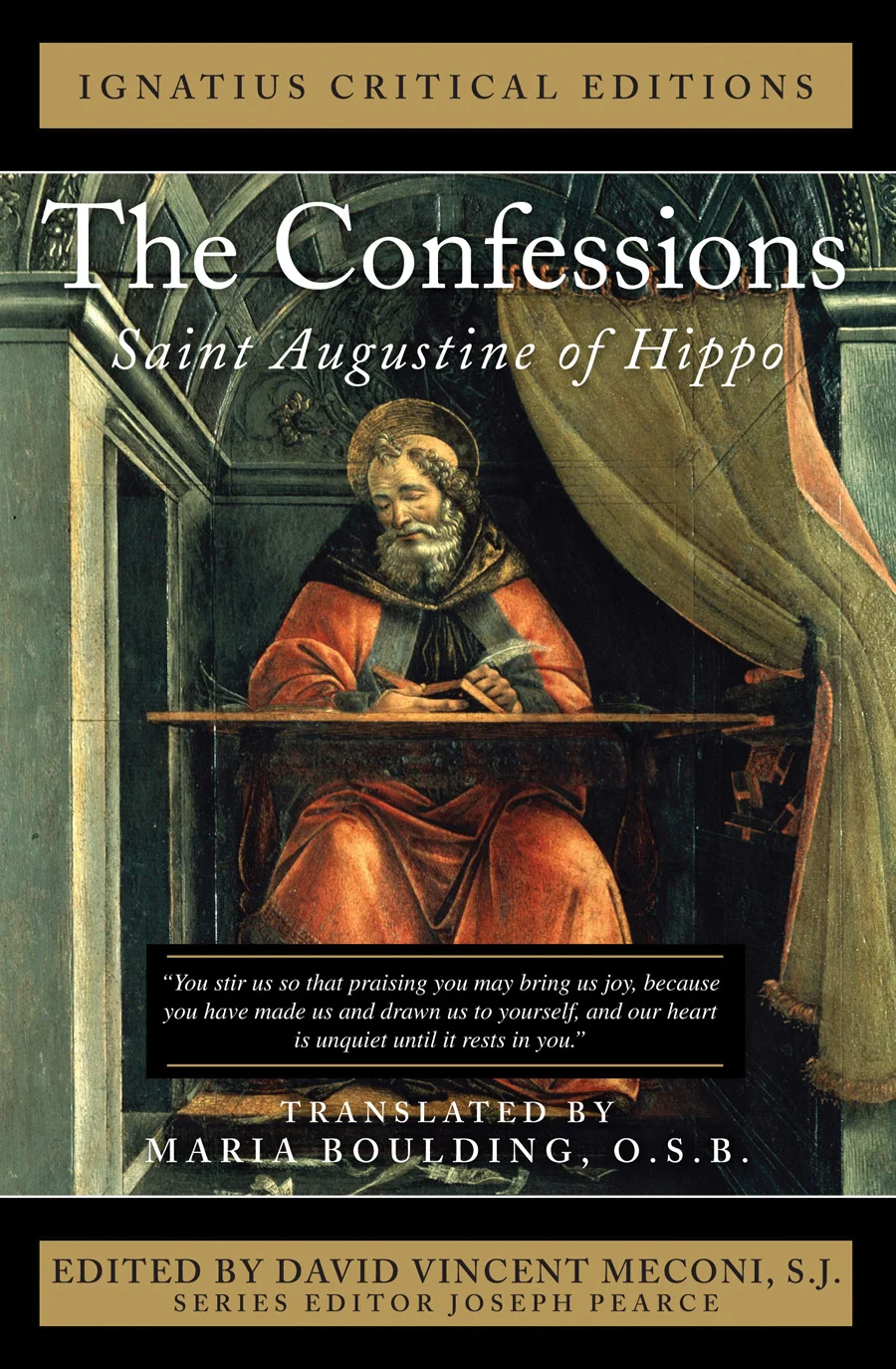The way President Donald Trump sees things, his big tax-bill win on Capitol Hill was a giant -- maybe even huuuuge -- Christmas present for America.
"Remember I said we're bringing Christmas back? Christmas is back, bigger and better than ever before," he said, speaking in Utah earlier this week. "We're bringing Christmas back and we say it now with pride. Let me just say, to those here today and all across the country: Merry Christmas to everybody."
That's good rhetoric for a political rally, as long as most of the cheering people think of Christmas as a cultural season built on gifts, travel, fun, food, festivities and activities with friends and family. And that turns out to be true for 43.1 percent of those polled in a new survey by the Saint Leo University Polling Institute. Only 3.9 percent viewed Christmas exclusively in religious terms and another 11.4 percent as "mostly religious."
"It's important to realize that the commercialization of the season doesn't appear to be the driving factor in what's creating the cultural Christmas we see today," said Marc Pugliese, who teaches religion and theology at Saint Leo University in central Florida.
Many Americans, in fact, are "tired or fed up" with the tsunami of advertising and materialism they see every December, he added. "So you can't just say that the shopping mall has won. … But the reality is that almost everything that's going on is defined by the culture's secular calendar -- what's happening at school, at work and in the media."
The bottom line, he said, is clear: "Christmas is about parties and get-togethers with family and friends."
On the other side of the equation, 42.4 percent of those surveyed picked the "commercialization of the season" as the most annoying American Christmas "tradition," with 38.3 percent saying that the "early start for the Christmas season" got the nod in that department.










